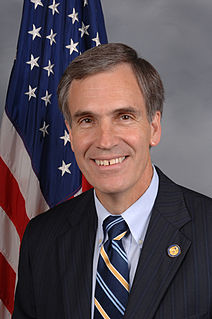A Quote by Elizabeth Edwards
I think that we're foolhardy to not be engaging in federal funding of stem-cell research in the most aggressive way we possibly can.
Related Quotes
In science there is something known as a stem cell. A stem cell is an undifferentiated cell which has not yet decided whether it's gonna be a cell of your brain or a cell of your heart or of your finger nail. But science is learning how to coax, how to manipulate, the raw material of life that we call stem cell to become any cell of the body. I think that God is the stem cell of the universe.
What President Obama has done so masterfully of late is to say, in so many words, "I'm signing this executive order permitting federal funding for stem cell research, but I realize that many good, moral people are opposed to this, and I don't take that lightly." I think we can be more civil and empathetic in our discussions of public policy, and I hope my book can be a contribution to that tone.
Despite its potential, the federal government has restricted funding for creating new cell lines - putting the burden of any future research squarely on the shoulders of the private sector. Government's most basic responsibility, however, is the health and welfare of its people, so it has a duty to encourage appropriate scientific investigations that could possibly save the lives of millions.




































